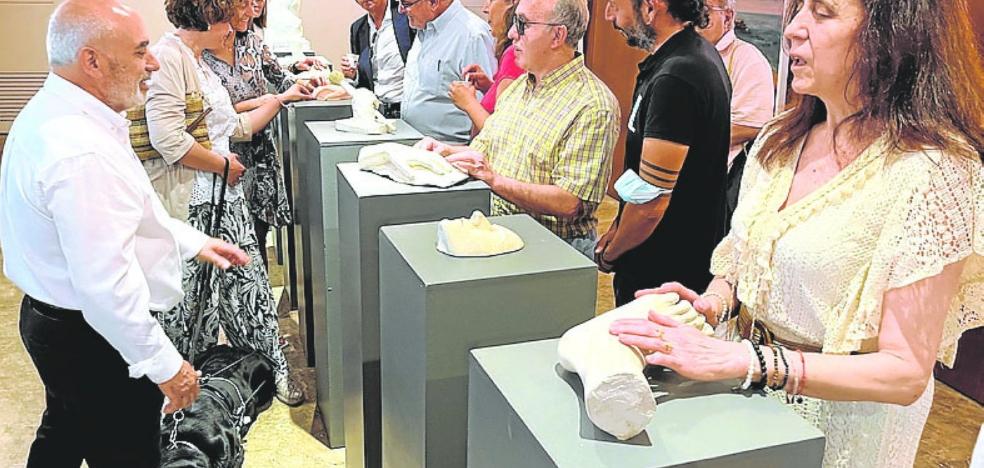The journalist and writer Esteban Hernández analyzes the global and national context of this change of era in his new book ‘The resentment of the upper middle class and the end of an era’
The old world may not be quite dead yet, but the new one has already been born, though no one knows exactly what form it will take yet. Deciphering the traces of this era that is now beginning is dedicated to ‘The resentment of the upper middle class and the end of an era’ (Foca), the new book by writer and journalist Esteban Hernández, which aims to shift attention beyond the little day-to-day problems of trying to understand the changes as they happen.
“After the post-World War II period, which lasted until 2000, and the phase between 2000 and 2020, we are now in a new era, a new geopolitical and economic phase defined, among other things, by a national disengagement seen in the United States and China, with a greater presence of the states, and whose effects are not yet visible in the European Union,” explains Hernández, who believes that the world is entering a certain “de-globalization”.
“The Chinese state and the big companies that have focused on getting dividends for their managers are the big winners of globalization, a period when small and medium-sized companies and workers have lost out, and that has led to big differences in our societies : in resources, on a territorial scale, with areas that monopolize the population and others that lose it, and with separation and divergence between countries, something that Europe has experienced”, analyzes the head of Opinion of ‘El Confidencial’. “This has led,” he continues, “that for the majority of the population, this is a time of survival with a pessimistic view of the future, which will be no better than the present.”
A malaise, Esteban believes, which translates into “social disorganization, destruction and an attempt by each group to distinguish itself from the others”. That’s where the traditional elites, who have been replaced, come into play. “The elites used to be the members of the high state administration, the judiciary, national corporations or the military. Now they are economic elites,” emphasizes the author, citing the United States as an example of this divide: “The wealthy of the coasts, members of the financial and technological sectors, look over their shoulders at the traditional elites of the country. This also paves the way for culture wars, which take root in the population”, emphasizes the author of books such as ‘The end of the middle class’ (2014), ‘Los límites del deseo. User manual capitalism 21st century (2016) or ‘This is how it all starts’ (2020).
In his new essay, Hernández draws on a classic, ‘Invertebrate Spain’, which is celebrating its centenary, and which analyzed the political and social life of the moment with reflections that are still fully valid. There José Ortega y Gasset already outlined problems, but also solutions, for Spain and for Europe. “Ortega analyzed the structure of the states, the need for a project, the description of specifics or the failure of the elites,” says Hernández, who proposes solutions for Spain “that go beyond left and right” in this sense. “In addition to winning elections, political parties and large companies must also think about the country in ten years’ time. If you only think in the short term, you are foolish.
“The world is moving in a different direction and Spain must respond in an inevitable way. When the world changes, you have to act,” says Hernández, who proposes “stimulating the real economy, a reindustrialization that makes us less dependent on foreigners, a dependency we saw in the pandemic; doing real things and getting back jobs that give meaning to those who do them”, as opposed to an economy based on accounting tricks and financial magic. Because “when citizens are happy, they are less likely to be attracted to systems like the communist one.” “If this idea, that of providing citizens with a good future to avoid linking them to totalitarian regimes, triumphed after the Cold War, now that we are in a cold war again, with poles like China, which can be attractive it should also be on the table for the development of many countries,” says Hernández.
Source: La Verdad
I am David Jackson, a highly experienced professional in the news industry. I have been working as an author at Today Times Live for over 10 years, and specialize in covering the entertainment section. My expertise lies in writing engaging stories that capture readers’ attention and deliver timely information about the latest developments.



